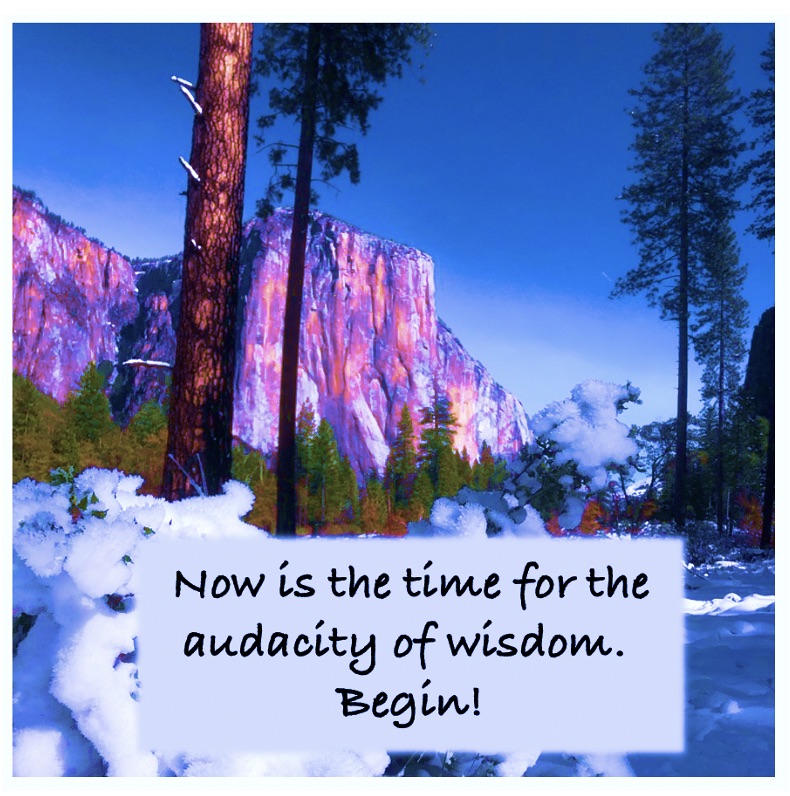We live in a childish age. This is an era of immediate gratification, temper tantrums, and short attention spans. It’s time to grow up. Here’s an idea for a new year’s resolution: let’s live like adults.
This is an ancient resolution. In the Second Century, the philosopher Epictetus said “Grow up! Stop behaving like a child.” Now is the time to get serious. “The Olympic games are now,” he said. Stop procrastinating and start living a good life.
But it is easy to mope and whine like spoiled children. We are childish when we expect the world to satisfy our wishes. The truth is that reality does not conform to your egoistic expectations.
It is difficult to be an adult. There are bills to pay and work to be done. There are battles to be fought and losses to be endured. Adults understand that life is difficult and that it takes hard work. Adults do their duty. They avoid self-indulgence and ingratitude.
Adults also understand that nothing lasts forever. They prepare for death, realizing that everyone dies and that the world imposes significant limits upon what we can achieve.
The word adult has an intriguing etymology. It comes from a Latin word for growth, related to the word adolescence. An adolescent is one who is growing. An adult has completed that process.
To be an adult is to be ripe and mature. Fruit also ripens. Each creature has its own path of maturation and completion. The playful puppy becomes a dog who hunts, defends, and stays loyal to its pack. The sapling grows through several seasons until it produces flowers and fruit.
To be mature is to have reached the final stage of development. It implies a sense of completion and fulfillment. Maturity depends on what we take as the essence of the thing that is ripening.
In our culture, we tend to think that the human essence is defined by liberty and license. They key coming-of-age milestones in our culture are about the freedom to consume. At age 21, we gain the freedom to drink alcohol, smoke pot (in California anyway), and gamble. There are other milestones. At 16, you can drive a car. At 18, you can vote.
It is a sad world in which the entry into adulthood is marked by your ability to buy beer. Perhaps this is why we often fail to grow up. In our culture, too many adults are focused on consumption, sensual indulgence, and self-satisfaction.
The philosophical tradition has a different notion of the human essence. This idea holds that to be fully human is to develop wisdom and virtue. Adolescents are not yet virtuous or wise. But adults have ripened to the point at which wisdom and virtue are possible. This is not about liberty and consumption. Rather, it is about self-restraint and obedience to the moral law. Adults know how to control their bodily urges. They also understand that there are duties and obligations that must be fulfilled.
At what age does wisdom and virtue become possible?
Plato suggested that at around age 50 people had the capacity to rule themselves (and others) wisely. The U.S. Constitution holds that you have to be 25 to run for the House, 30 to run for Senate, and 35 to run for President.
Of course, age is merely a number on a calendar. Some young people are wiser than their parents. And some old people are foolish. The point is to grow up.
The poet Horace once said: “To begin is only half the battle. Now is the time for the audacity of wisdom. Begin!” Horace was referring to a timid animal standing beside a river, waiting for the water to stop flowing for its chance to cross. We might picture this as a juvenile, waiting for its chance to jump into the flow of life.
But the river stands still for no one. The point is to take the plunge and get going.
So here is a philosophical new year’s resolution: let’s resolve to be adults. That means we should be audacious in the pursuit of wisdom. We should overcome childish self-indulgence. And we should get to work on being good.


